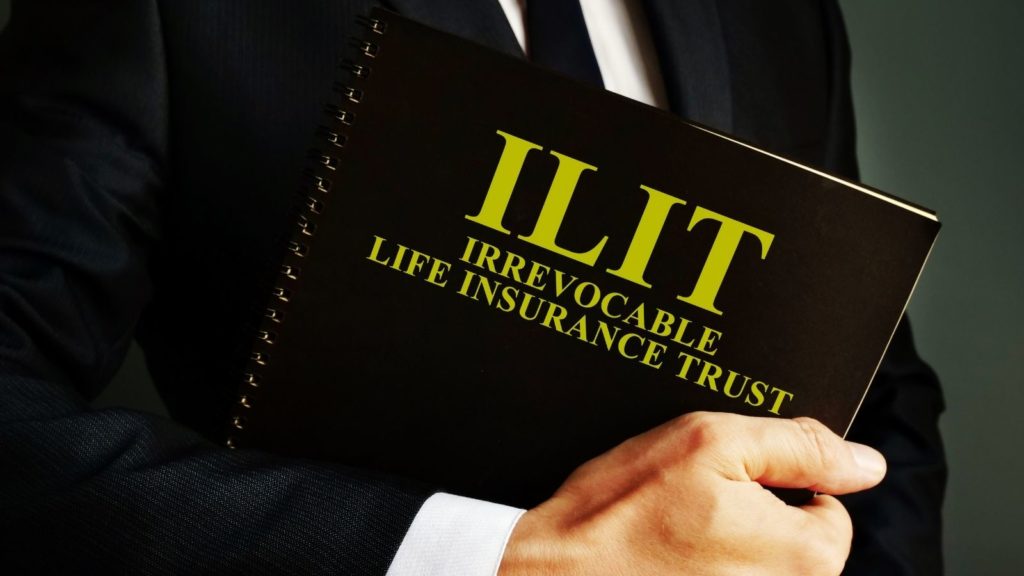Home sellers have a lot to do. They need to have their houses listed, advertised, and marketed. Some sellers are preparing for showings while also researching other properties and neighborhoods that might interest them.
Some homes that are put up for sale have been placed in an irrevocable trust. This type of trust can’t be changed in any way by the person who created it. Irrevocable trusts take homes and other tangible assets out of a specific person’s name so that their personal net worth can’t be altered and to protect against possible claims made by creditors. They can be sold, but these transactions are typically more complicated than traditional home sales.
Selling a home in California will take time. Even if you have a motivated buyer, the transaction still might not be completed for several weeks or months after an offer has been accepted. There are certain steps that must be taken and different professionals will become involved at specific stages. You could even run into unexpected delays or other issues. Patience, persistence and a proactive action plan can help you achieve your goal.
Here are a few things to know if you’re trying to sell a house that’s currently in an irrevocable trust.
Three parties are involved in an irrevocable trust: beneficiaries, the trustee and the grantor (also referred to as the settlor). Beneficiaries are anyone who is designated to receive items that have been placed in the trust by the trustee. There could be one or multiple beneficiaries, depending on the particular trust.
A trustee is a person or business that has been named to oversee the specific trust. They are required to perform duties that are in the best interests of the trust’s beneficiaries. A grantor or settler is someone who creates a trust and puts their assets into that trust. The grantor/settlor can no longer make any claims to those assets once the irrevocable trust has been developed.

There are living irrevocable trusts and trusts that are irrevocable upon death. Living irrevocable trusts are irrevocable both before and after the grantor/settlor passes away. The trustee will be given instructions for distributing assets after the grantor has died.
The trustee will also be responsible for paying any debts incurred in the trust. The grantor must willingly give up any personal claims to the assets placed in the trust, which are also referred to as “incidents of ownership.” The grantor may be able to reduce their tax liabilities and personal asset values in the process.
Trusts that are currently revocable can become irrevocable when the grantor passes away. The grantor will have complete control of the trust until their death. Afterward, the assets in the trust can be given to the trust’s beneficiaries and the assets will also be protected from any claims made by creditors. This type of trust is usually created to prevent wills from going through lengthy probate court proceedings.
Irrevocable trusts will have their own tax identification number (or TIN for short). The trustee will be assigned to keep records and pay taxes on the trust as needed. They must also control the assets contained within that trust.
A spendthrift clause is common for most irrevocable trust agreements. It says that any beneficiaries of the trust cannot transfer their interest in that trust into another trust. This language can be especially important if a beneficiary is going through a divorce. This clause won’t allow the beneficiary’s former spouse to claim any of the assets in that trust.

There are certain advantages and disadvantages associated with attempting to sell a home that’s been placed in an irrevocable trust. The major pros and cons are as follows.
Advantages:
1. There should be very little, if any, change in the trust’s asset value. The assets are protected and should have little influence by market trends or fluctuations.
2. Sale proceeds can be paid to the beneficiaries or put toward another investment.
3. The person who settles the estate won’t be responsible for paying any capital gains or taxes on the property.
Disadvantages:
1. The trust may be required to pay capital gains tax on the sale if profits aren’t distributed to the trust’s beneficiaries.
2. If profits are paid, the recipient beneficiaries will be responsible for any capital gains that were made on the transaction.
3. The trust agreement should be set up properly. Otherwise, there could be complications if the arrangement was established improperly or illegally.
Irrevocable trusts can currently be changed in California. A court order is required before any modifications can be submitted. The specific language in the trust may dictate how and what changes can be made.
Any homes that are put into irrevocable trusts can always be sold. However, the proceeds from the sale must be placed in the trust. They can’t be used for any other purposes.

Since trustees are mandated to manage all of a trust’s assets, they can start a sale of any of the trust’s property. The trust documents will determine who will sell the home. The house could be sold by the trustee or through a realtor. Certain irrevocable trusts need either the consent of all beneficiaries or the trustee and beneficiaries before they can be sold.
Trustees can also start the sale of a home that was put into an irrevocable trust after the settlor has died. Ownership of the house can be legally transferred to the beneficiaries if they and/or the trustee decide that they don’t want to sell the property. Beneficiaries can either keep or sell the home once ownership of the house has been transferred to them.
The trustee will decide whether or not to work with a real estate agent in selling the home. Most trustees don’t have real estate experience or knowledge, so working with an agent can be a great benefit to them. They can focus on managing the trust’s assets and let the realtor market the property properly.
Conclusion
When selecting an agent, the trustee should look for someone with a good track record. They should also understand the complexities that are often involved in selling a home in an irrevocable trust. A good realtor should know exactly what the market will bear and be able to find enough people who would be interested in purchasing the house.

There are more steps involved in selling a property with an irrevocable trust. However, they should still be able to be sold successfully in most instances. An appraisal and a home inspection should still be scheduled. One of the main differences is that the proceeds are distributed to the trust beneficiaries instead of the seller. That money will be theirs to do with as they wish. Once the sale has been completed, the trustee and beneficiaries can go their separate ways. The ordeal will finally be over, and the responsibilities for that particular trust will soon be forgotten.
📞 Have Questions? Ask The Chris Eckert Real Estate Team
Give The Chris Eckert Real Estate Team a call today at 650.627.3799 to learn more about local areas, discuss selling a house, or tour available homes for sale.





